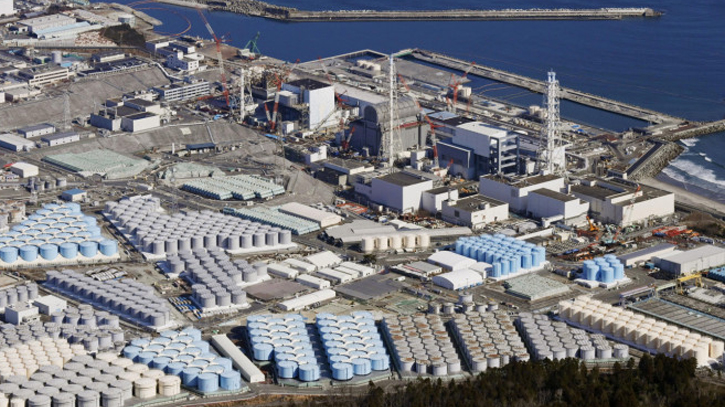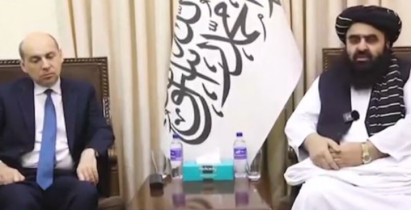
Photo: Collected
The concentration of tritium in the sixth batch of the treated water released through the Advanced Liquid Processing System (ALPS) from Japan’s Fukushima Nuclear Power Plant (NPP) is far below the established operational limit, the International Atomic Energy Agency (IAEA) said on Monday (20 May).
On May 17, the operator of Japan's Fukushima NPP, Tokyo Electric Power Company, started the sixth discharge of treated water into the ocean.
"The treated water was sampled and assessed by IAEA experts stationed at the Agency’s office at the site of the Fukushima Daiichi Nuclear Power Station (FDNPS). After conducting an independent on-site analysis, the IAEA confirmed that the tritium concentration in the diluted water is far below the operational limit of 1500 becquerels per litre," the organization said in a statement.
The level of tritium in the previous five batches, which totalled 38,900 cubic meters of water, was also deemed by IAEA to be below the operational limits.
Japan started releasing part of the estimated 1.34 million tonnes of Fukushima NPP treated water into the ocean in August 2023 despite an outcry from neighboring countries and local fishermen. Treated water is cleared of most radioactive substances but not tritium, so the water is diluted to a lower concentration before being discharged. The entire water release process is expected to take at least 30 years.
The Fukushima NPP suffered a meltdown after being hit by a massive tsunami triggered by a 9-magnitude earthquake in 2011. Since then, water has been continuously pumped in to cool the disabled plant's reactors.
Messenger/Mumu








